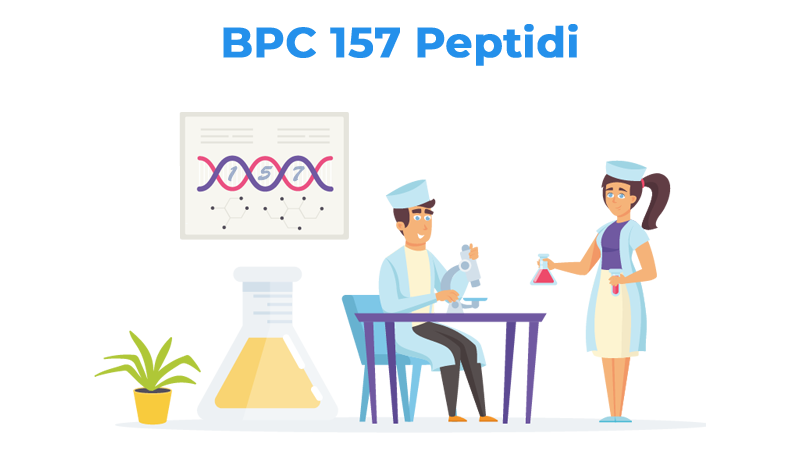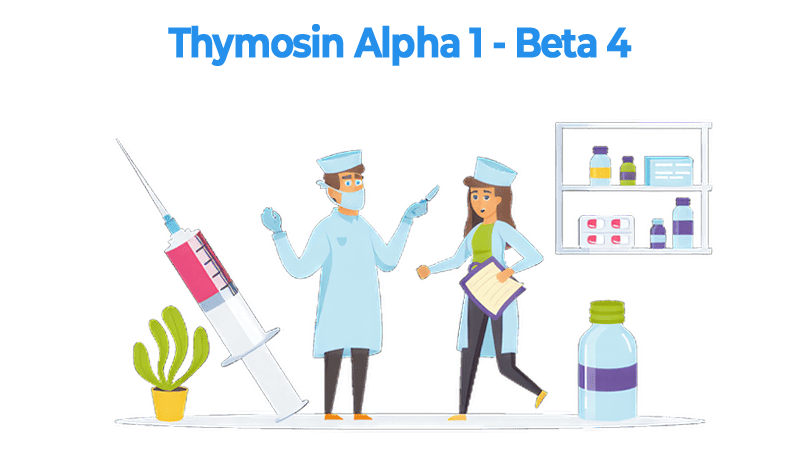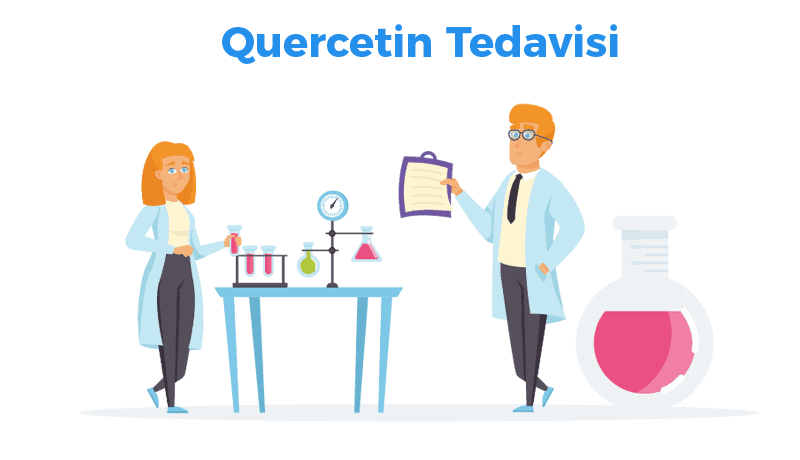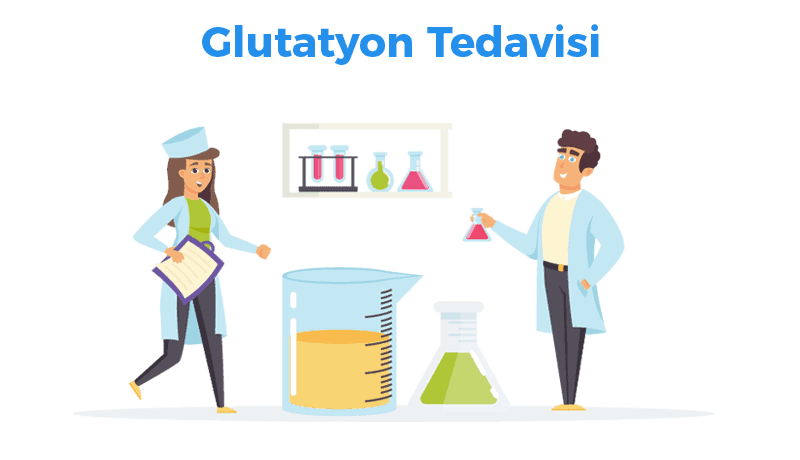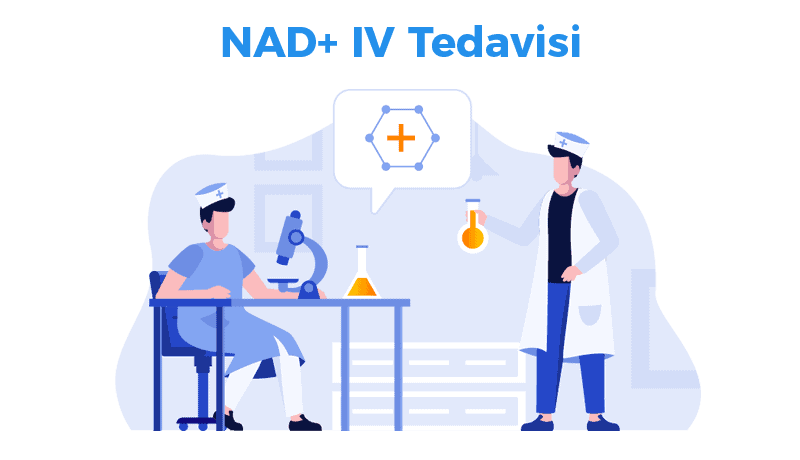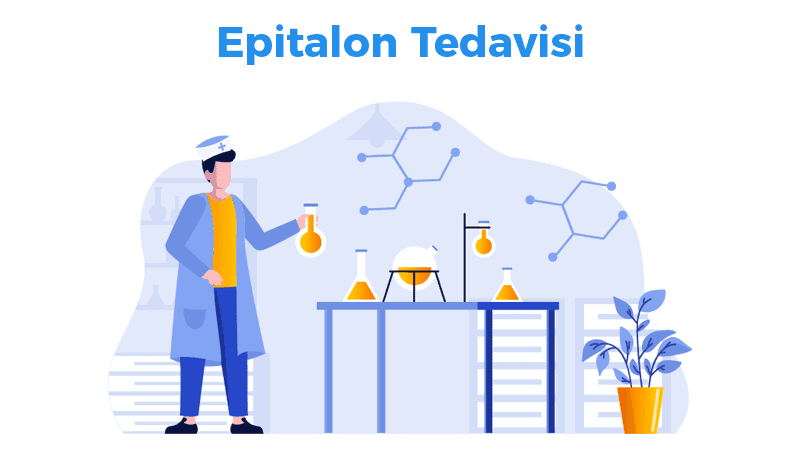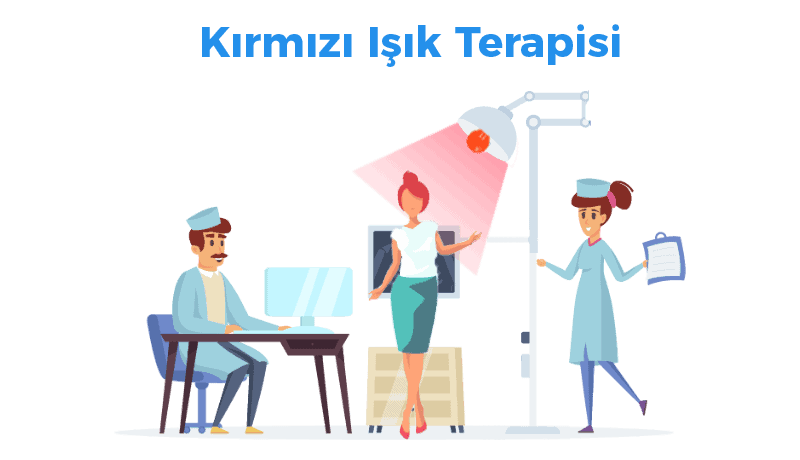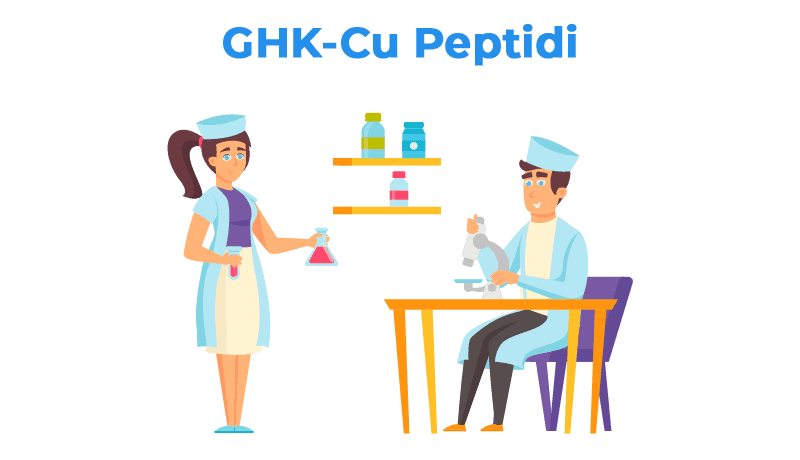Dr. Ahmet Özyiğit was born in 1981 in the Famagusta district of Cyprus. Ozgen and Dr. He is the youngest of Savaş Özyiğit's three children.
After completing his high school education at Türk Maarif College in 1998, he completed his undergraduate and graduate studies in economics in the American state of Kansas. Özyiğit, who later completed his doctorate education in the same field of science, published many articles in this field.
Özyiğit, who later became interested in medical science, studied medicine at the University of Nicosia Faculty of Medicine. In addition to this education, he received his master's degree in Clinical Embryology from the University of Leeds and postgraduate education in Endocrinology from the University of South Wales.
With an eclectic academic background, Dr. Özyiğit continues his clinical studies, especially on weight loss, metabolism and healthy aging. An active member of the American Academy of Anti-Aging Medicine, Dr. Özyiğit applies anti-aging, weight loss and brain function improving treatments to his patients.

Wellness and Anti-aging Applications

Wellness and Anti-aging Applications
Anti-Aging
Anti-Aging and Cellular Regeneration
Aging is an inevitable natural process that affects all living organisms, including humans. As we age, our cells and tissues gradually deteriorate, resulting in various signs of aging such as wrinkles, decreased mobility, and decreased cognitive function. However, recent advances in scientific research have shed light on the fascinating world of anti-aging and cellular regeneration, offering hope for a healthier, longer life.
Understanding Cellular Regeneration:
Cellular regeneration refers to the body's ability to replace old or damaged cells with new, healthy ones. This process plays a vital role in tissue repair, wound healing, and maintaining overall health. Throughout all lives, our body constantly undergoes a process of cellular renewal to keep organs and tissues functioning optimally.
Role of Telomeres:
Telomeres, the protective caps at the ends of our chromosomes, play an important role in cellular renewal and aging. With each cell division, telomeres begin to shorten, and over time, this shortening can lead to cellular dysfunction and aging. Researchers have found a strong relationship between telomere length and the aging process, sparking interest in telomere-based therapies as an anti-aging strategy.
Anti-Aging Interventions:
Various interventions and lifestyle factors have been associated with anti-aging effects by promoting cellular regeneration and improving overall health. Some of these interventions include:
Balanced diet
A balanced diet rich in antioxidants, vitamins and minerals,
It can support cellular health and reduce oxidative stress, the main cause of aging.
Regular Exercise
Studies have shown that physical activity improves cellular regeneration, increases metabolism, and supports overall health and longevity.
Stress Management
Chronic stress can accelerate cellular aging. Adopting stress reduction techniques such as meditation, yoga or mindfulness can be helpful.
Sleep Quality
Quality sleep is important for cellular repair and regeneration. Providing adequate, restful sleep is important for anti-aging efforts.
Emerging Anti-Aging Treatments:
In recent years, promising anti-aging treatments focusing on cellular renewal and rejuvenation have been investigated. Some of these promising approaches include:
1. Stem Cell and Exosome Treatments: Stem cells have the ability to transform into various cell types in the body. Stem cell treatments are cell treatments used to regenerate damaged tissues and improve overall health.
On the other hand, exosome treatments are an example of anti-aging interventions that have become popular recently. Exosome therapy is a treatment method that uses small vesicles called exosomes that communicate at the cellular level and are expected to support cellular regeneration. Exosomes contribute to the regulation of cellular functions by enabling the transfer of genetic material, proteins and other molecules between cells. This treatment is particularly used in the field of regenerative medicine and has potential use in the treatment of some diseases.
Exosome treatments are currently used mostly to repair the effects of aging on the skin, remove acne or other skin scars, and increase the amount of hair growing by repairing the damage to hair follicles.
2. Peptide Treatments: Peptide therapy is a treatment method that uses short protein fragments called peptides that occur naturally in the body. These peptides are often used to regulate various biological processes at the cellular level. Peptide therapies are treatments that aim to manage various health conditions by replacing hormones or affecting cellular communication. For example, peptides that mimic hormones such as glucagon are used to treat diabetes. However, injecting peptides, whose production in the body decreases with aging, into the body is applied to obtain youth-level immunity. However, peptide therapies are still in the experimental phase in many cases and require further research to address specific situations.
What is BPC 157 – Body Protective Compound?
BPC-157 is the abbreviated name of the peptide called body protective compound. When translated into Turkish, the body protective compound…
Thymosin Alpha 1 and Beta 4 Peptides
Thymus Gland, Thymosins and Peptide Therapies The Thymus gland is an important organ of the immune system and…
3. Senolytics: Senescent cells, that is, cells that are no longer dividing, can accumulate with aging and contribute to tissue dysfunction. Senolytic drugs aim to eliminate these senescent cells and promote tissue regeneration and rejuvenation. Dr. Among the senolytic treatments in Ahmet Özyiğit's clinical Applications:
What are the Health Benefits of Quercetin?
Quercetin is a powerful flavonoid found naturally in plants. Quercetin, a natural antioxidant, contains various…
What are the Uses of Glutathione Supplement?
Glutathione is also known as the mother of all antioxidants. It helps cleanse our body from toxins and fights diseases…
What are the General Benefits of NAD+ IV Therapy?
General Benefits of NAD + IV Treatment: Slows down cognitive aging Contributes to healthy brain function Against chronic fatigue…
4. Telomerase Activation: Telomerase is an enzyme that can lengthen telomeres and has the potential to slow cellular aging. Telomerase activation treatments aim to promote cellular renewal and prevent the effects of aging. Epitalon treatment is applied in our center to increase the activity of the telomerase enzyme:
What are the Health Benefits of Epitalon?
Epitalon Treatment: Epitalon is a peptide that has attracted increasing attention in the field of health and anti-aging in recent years. Various studies have shown that Epitalon helps rejuvenate cells and delay aging processes.
5. Red Light Therapy: Red light therapy, also known as low-level laser therapy (LLLT) or photobiomodulation, has recently gained popularity for its benefits such as cellular rejuvenation, wound healing, skin regeneration and increased collagen production.
Red Light Therapy – Red Light Therapy
Red light therapy, also known as low-level laser therapy (LLLT) or photobiomodulation, has recently gained popularity for its various potential benefits. Especially the USA…
As our understanding of cellular regeneration and anti-aging mechanisms deepens, the potential for a healthier, longer-lived life increases. While many interventions and treatments have great potential, it is important to approach any anti-aging strategy carefully and consult with qualified healthcare professionals. Adopting a healthy lifestyle and following scientific advances can pave the way for an energetic and fulfilling aging process.
6. GHK-Cu Peptide: GHK-Cu is a tripeptide (Gly-His-Lys) combined with copper ion (Cu²⁺), known as copper peptide. It is known for its skin renewal, wound healing and hair growth supporting properties. It is frequently used in anti-aging care products thanks to its antioxidant and anti-inflammatory effects. It helps tighten the skin and reduce wrinkles by promoting collagen and elastin production. It can also prevent hair loss by strengthening hair roots. This peptide, which is naturally found in the body, decreases over time, so its use as a supplement can contribute to improving skin and hair health.
Rejuvenation and Youth with GHK-Cu Peptide Therapy
GHK-Cu Peptide Therapy, Cellular Regeneration and Skin Youth Effect GHK-Cu (Glycyl-L-Histidyl-L-Lysine-Copper) is a copper peptide naturally found in human plasma, saliva and urine. The first…
What is anti-aging?
Anti-aging is the general name for different treatments and practices aimed at reducing, delaying or reversing the effects of aging.
At what age should anti-aging treatments be started?
There is no exact age range to start anti-aging treatments. However, it is generally more suitable for people over the age of 25.
Are there any harms in anti-aging treatments?
Anti-aging treatments are generally not harmful when administered correctly by the right person. However, application by the wrong people or use of the wrong products may cause undesirable results.
How long do anti-aging treatments last? How often should it be done?
The duration of anti-aging treatments varies depending on the type of treatment. Some treatments take a few minutes, while others can take several hours. How often anti-aging treatments are performed depends on the type of treatment and the individual's needs. Some treatments can be done once a month, while others can be done once a year.
